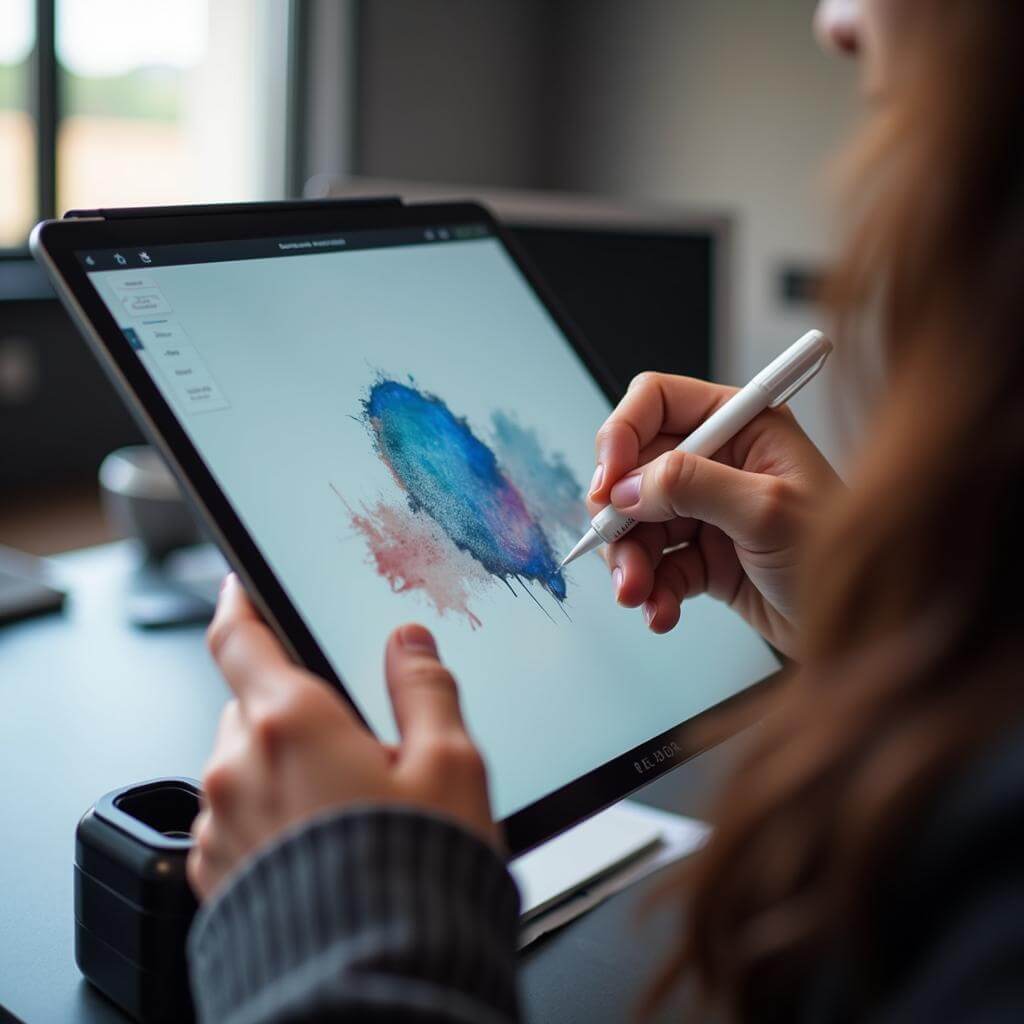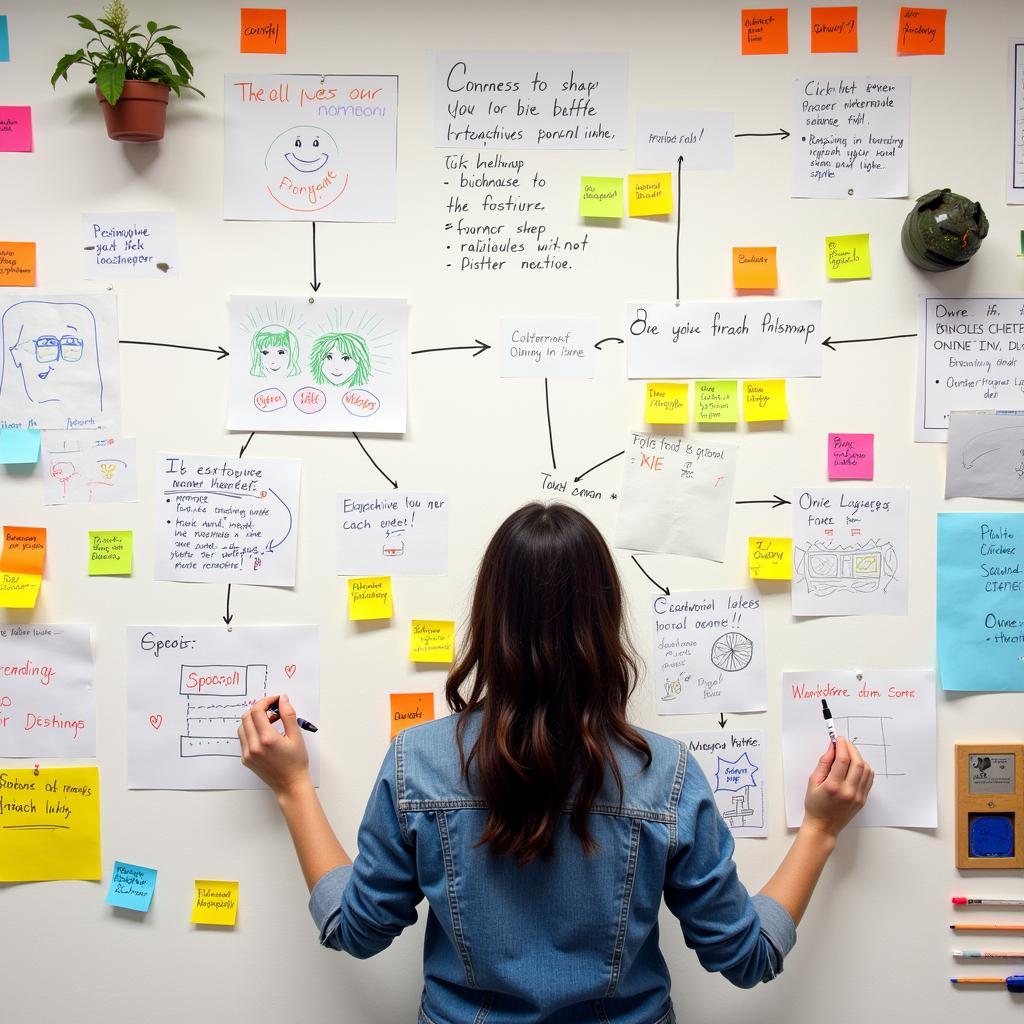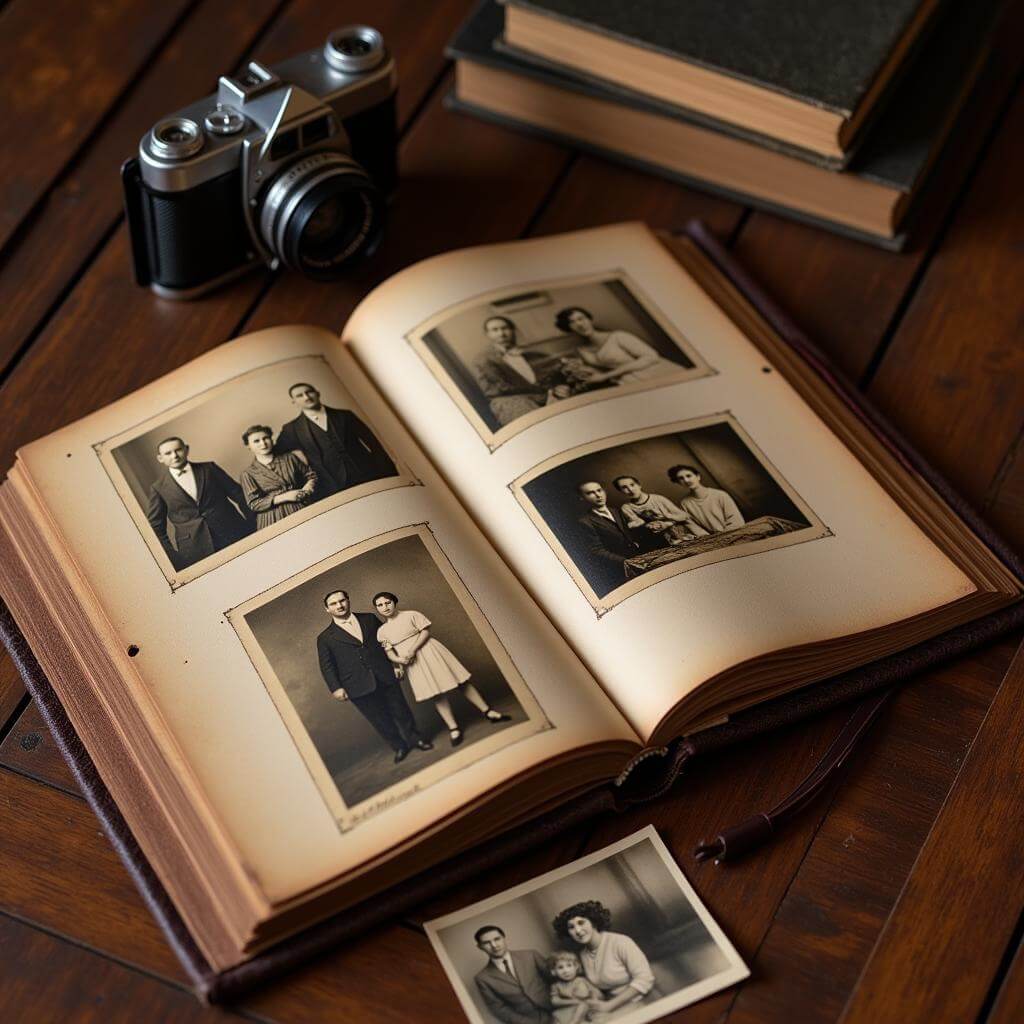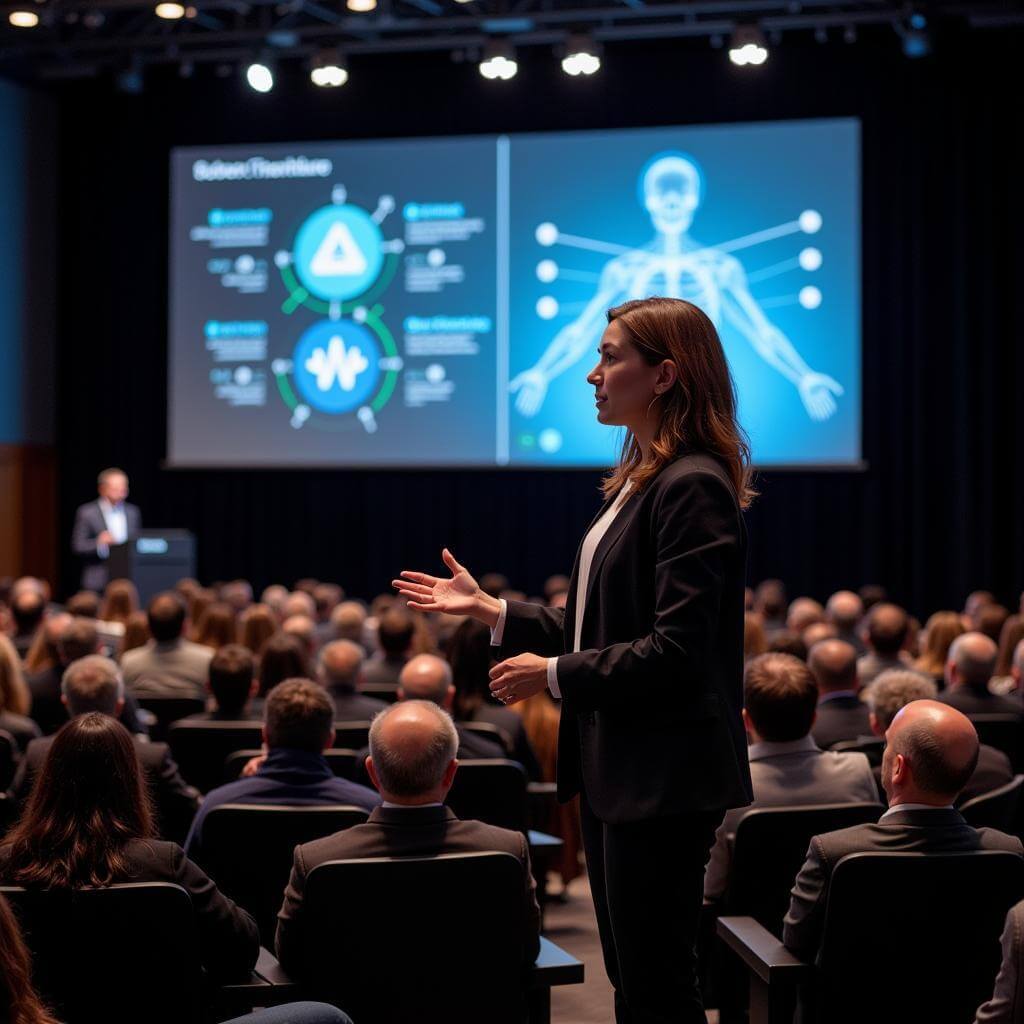The IELTS Speaking test often includes questions about people in our lives, including those with interesting or creative professions. Being able to describe a person who has a creative job is a valuable skill that can help you score higher in your IELTS Speaking exam. This topic has been a recurring theme in past IELTS tests and is likely to remain relevant in future examinations.
Nội dung bài viết
- Part 1: Introduction and Interview
- Question: Do you know anyone who has a creative job?
- Part 2: Long Turn
- Cue Card:
- Follow-up Questions:
- Part 3: Two-way Discussion
- Question 1: How has technology affected creative jobs?
- Question 2: Do you think creativity can be taught, or is it an innate ability?
- Key Vocabulary and Phrases for High Scores
- Examiner’s Advice
Part 1: Introduction and Interview
In this section, the examiner may ask you some general questions about creative jobs. Here’s an example question with a suggested answer:
Question: Do you know anyone who has a creative job?
Sample Answer (Band 7-8):
Yes, I do. One of my close friends works as a graphic designer for a local advertising agency. She’s incredibly talented and always comes up with innovative ideas for her clients’ campaigns. It’s fascinating to see how she transforms concepts into visually appealing designs.
describe a person you find very creative
Part 2: Long Turn
In this section, you’ll be given a cue card with a topic to speak about for 1-2 minutes. Here’s a sample cue card related to describing a person with a creative job:
Cue Card:
Describe a person you know who has a creative job.
You should say:
- Who this person is
- What their job is
- How you know this person
- And explain why you think their job is creative
Sample Answer (Band 6-7):
I’d like to talk about my cousin, Sarah, who works as an interior designer. I’ve known her since childhood, and we’ve always been close.
Sarah’s job involves designing and decorating living spaces for clients. She works with both residential and commercial properties, helping to transform empty rooms into beautiful, functional areas.
I consider her job to be highly creative because it requires a lot of imagination and artistic skill. Sarah has to visualize how different elements will work together in a space, from color schemes to furniture placement. She often has to think outside the box to come up with unique solutions for challenging spaces or to meet specific client requests.
What I find most impressive about Sarah’s work is her ability to blend different styles and create harmonious environments. She has a keen eye for detail and can incorporate various textures, patterns, and colors in a way that looks effortless but is actually the result of careful planning and creative thinking.
Overall, I believe Sarah’s job as an interior designer is incredibly creative because it allows her to express her artistic vision while also solving practical problems and meeting the needs of her clients.
Sample Answer (Band 8-9):
I’d like to describe my acquaintance, Alex, who works as a multimedia artist in the film industry. I met Alex through a mutual friend at a local art exhibition about two years ago.
Alex’s job is a fascinating blend of technology and artistry. As a multimedia artist, he’s responsible for creating visual effects and animations for major motion pictures. His work involves using cutting-edge software and techniques to bring fantastical creatures and impossible scenes to life on the big screen.
What makes Alex’s job particularly creative is the way he seamlessly merges imagination with technical prowess. He doesn’t just follow a set of predetermined rules or procedures; instead, he’s constantly pushing the boundaries of what’s possible in visual effects. For each project, Alex has to envision how to translate abstract concepts into tangible, believable visuals that will captivate audiences.
One aspect of Alex’s work that I find especially innovative is his ability to synthesize different artistic disciplines. He often draws inspiration from traditional art forms like sculpture or painting and then applies those principles to his digital creations. This cross-pollination of ideas results in truly unique and visually striking effects that elevate the storytelling in films.
Moreover, Alex’s job requires him to be adaptable and quick-thinking. He frequently has to troubleshoot complex technical issues while maintaining his artistic vision, which demands a high level of creativity and problem-solving skills.
In essence, Alex’s role as a multimedia artist epitomizes creativity in the modern age. He’s not just creating art; he’s pioneering new forms of visual expression and contributing to the evolution of cinematic storytelling.
Follow-up Questions:
- How do you think creative jobs contribute to society?
- Do you believe creative jobs are valued enough in today’s world?
Sample Answer (Band 7-8):
Creative jobs contribute significantly to society by enriching our cultural landscape and challenging our perspectives. They often spark innovation in various fields and can inspire positive change. However, I believe creative jobs are sometimes undervalued, particularly in terms of financial compensation. There’s often a misconception that creative work is less “serious” than other professions, which can lead to underappreciation of the skills and effort involved.
describe a new activity you would like to start
Part 3: Two-way Discussion
In this section, the examiner will ask you more abstract questions related to the topic. Here are some potential questions and sample answers:
Question 1: How has technology affected creative jobs?
Sample Answer (Band 6-7):
Technology has had a big impact on creative jobs. It has made many tasks easier and faster, like editing photos or designing layouts. Digital tools have opened up new possibilities for artists and designers. However, it has also created more competition, as anyone with a computer can now try their hand at creative work.
Sample Answer (Band 8-9):
Technology has revolutionized the landscape of creative professions in multifaceted ways. On one hand, it has democratized access to creative tools, allowing more people to explore their artistic potential. Software for graphic design, music production, and video editing has made it possible for individuals to create professional-quality work without extensive formal training.
Moreover, technology has spawned entirely new creative fields, such as UX/UI design, 3D modeling, and virtual reality experiences. These innovations have expanded the horizons of what’s possible in creative expression.
However, this technological revolution is not without its challenges. The ease of access to creative tools has led to market saturation in some areas, making it more difficult for professionals to stand out. Additionally, there’s an ongoing debate about the role of AI in creative processes, with some fearing it might diminish the value of human creativity.
Ultimately, while technology has transformed the creative landscape, it hasn’t replaced the need for human ingenuity and artistic vision. Instead, it has redefined the skills required in creative professions, emphasizing the importance of adaptability and continuous learning.
 Creative professional using digital tablet and stylus
Creative professional using digital tablet and stylus
Question 2: Do you think creativity can be taught, or is it an innate ability?
Sample Answer (Band 7-8):
I believe creativity is a combination of innate ability and learned skills. While some people may have a natural inclination towards creative thinking, everyone can develop and enhance their creative abilities through practice and education.
Creative techniques, such as brainstorming, lateral thinking, and problem-solving methodologies, can be taught and learned. Moreover, exposure to diverse experiences and ideas can stimulate creative thinking.
Education plays a crucial role in nurturing creativity by providing tools and frameworks for creative expression. However, it’s also important to create an environment that encourages risk-taking and accepts failure as part of the creative process.
That said, the degree to which an individual can develop their creativity may vary. Some people might find it easier to think creatively or may have a greater passion for creative pursuits, which can drive them to hone their skills more intensively.
In conclusion, while there might be a genetic component to creativity, I firmly believe that with the right mindset, education, and practice, anyone can significantly improve their creative abilities.
describe a skill you recently developed
Key Vocabulary and Phrases for High Scores
To achieve a high score in your IELTS Speaking test when describing a person with a creative job, consider using these advanced vocabulary items and phrases:
-
Innovative /ˈɪnəveɪtɪv/ (adjective): Using new methods or ideas
Example: “Her innovative approach to design sets her apart in the industry.” -
Visionary /ˈvɪʒənəri/ (adjective): Having or showing clear ideas about what should happen in the future
Example: “As a visionary architect, she designs buildings that are ahead of their time.” -
To push the boundaries (idiom): To extend the limits of what is possible or acceptable
Example: “In his work, he constantly pushes the boundaries of traditional photography.” -
Avant-garde /ˌævɒ̃ˈɡɑːd/ (adjective): New and experimental ideas in art, music, or literature
Example: “Her avant-garde fashion designs challenge conventional notions of style.” -
To think outside the box (idiom): To think creatively, not limited by conventional ideas
Example: “As a creative director, he encourages his team to think outside the box.”
describe a time when you learned something outside of school
 Creative professional brainstorming ideas
Creative professional brainstorming ideas
Examiner’s Advice
To excel in the IELTS Speaking test when describing a person with a creative job:
-
Use specific examples: Don’t just say the person is creative; explain how their creativity manifests in their work.
-
Employ a range of vocabulary: Incorporate advanced words and phrases related to creativity and the specific job you’re describing.
-
Show enthusiasm: Your tone and manner should convey genuine interest in the topic.
-
Structure your answer: Organize your thoughts logically, especially in Part 2, to ensure a coherent and comprehensive response.
-
Practice regularly: Familiarize yourself with describing various creative professions to improve your fluency and confidence.
By following these tips and utilizing the sample answers and vocabulary provided, you’ll be well-prepared to tackle questions about creative professionals in your IELTS Speaking test. Remember, the key is to demonstrate your language skills while showcasing your ability to articulate complex ideas about creativity and its role in various professions.


